Hit the Trail
He was muddin’ — soupy slop oozing beneath his speckled treads — but there wasn’t a truck in sight. He was muddin’ in the middle of Overton Park, in sneakers.
One of those days last week (didn’t they kinda run together?) the Old Forest Trail was deluged but wide open, as most everything else was closing down. Dog walkers, mountain bikers, families, and that muddin’ trail-runner guy shared the many paths with plenty of room to stay at least six feet apart.
The outdoors is a refuge. It’s an escape from problems mundane, profane, and profound. Our current situation certainly fits into the profound category, and it makes the outdoors even more important.
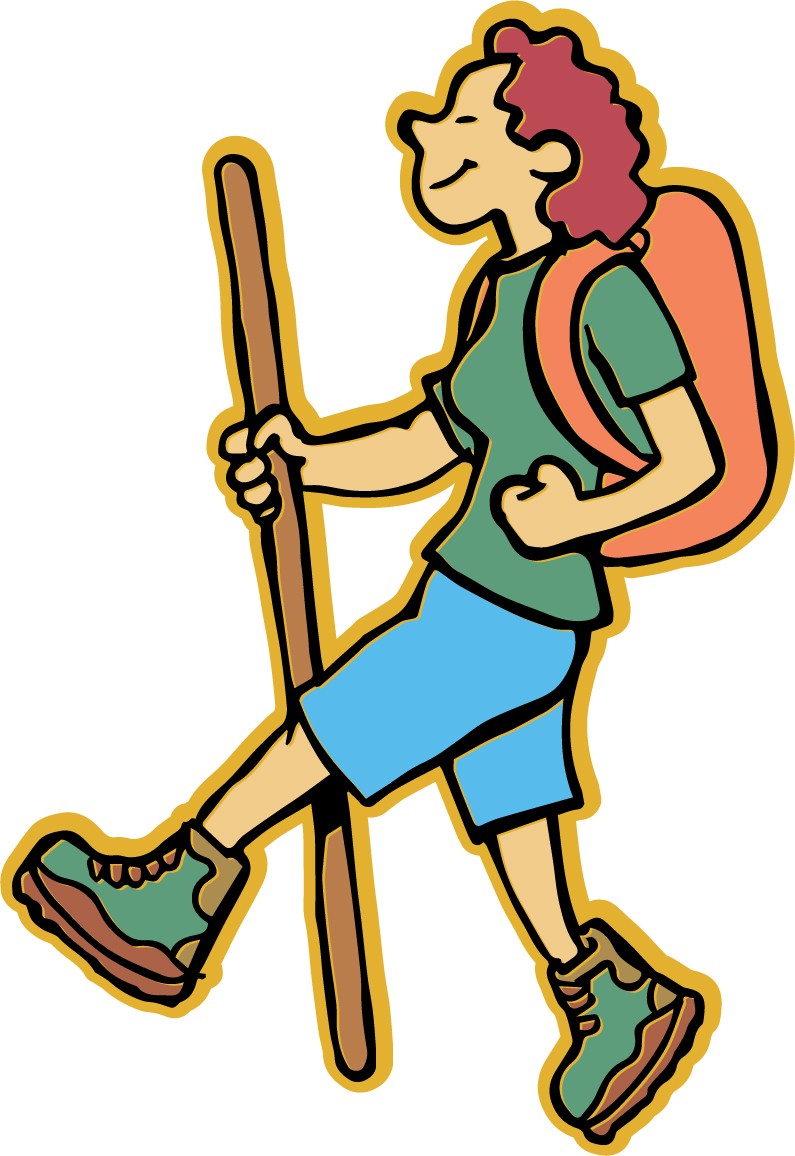 Illstrations by Greg Cravens
Illstrations by Greg Cravens
Overton Park has closed some facilities — the restrooms, Overton Bark, and playgrounds. Keeping them open would have encouraged people to gather, a no-no these days. But the miles of trails in Shelby County remain wide open (for now, at least). And it’s out there in the fresh air that you can leave the virus blues behind you.
You’ve seen the guy: head down, glossy eyes glued to his phone, walking straight on the sidewalk, heading into traffic. You can’t do that on a trail, not for long, anyway. Roots will trip you up. Gum balls will roll your ankles. Mud will slip-slide you into the, well, mud. Your mind has to focus on the trail ahead of you. It pushes survival to the front of the brain and pushes other stuff (ahem, coronavirus) to the back. But this is the basic stuff.
There’s magic out there. Vines hang from above in the massive canopy of trees that has swayed there since before Memphis was Memphis. The land gently swells and dips. The woods are like psychic caffeine, especially for urbanites. Your mind races to find the straight lines and right angles, to hammer some organization into it all. But nature doesn’t cotton to such. It’s the wild, after all. Stay out there long enough and that wild will rub off on you. Or maybe it’ll reveal the wild in you. And maybe that’s the magic.
All of it — the survival, the magic, whatever — will de-program your brain, re-prioritize your mental list somehow. But there are guidelines for hiking in these troubled times. The National Recreation and Park Association says to stay off the trails if you’re sick. If you do go, though, wash your hands before and carry hand sanitizer. Keep away (six feet) from others. Alert other hikers of your presence on the trail (if they don’t see you) and step off trails to let them pass. Don’t rely on public facilities. Bring your own water and time your trip so you don’t have to use restrooms, if possible. — Toby Sells
Shelby Farms Park — 4,500 acres, 40 miles of trails; Overton Park’s Old Forest — 142 acres, four miles of trails; Meeman-Shelby Forest State Park — 12,539 acres, 20 miles of trails
Love in the Time of Corona
What could be more romantic than a quarantine? The streets are empty and the rain beats against the windows as you gaze at your lover over a tall glass of hand sanitizer. … Or not?
One thing is for sure — since coronavirus is quite contagious and kissing is the most efficient way of spreading it — spring 2020 is not shaping up to be a good time for people using dating apps. “I travel for work already, so my dating life is already weird,” says Ashley Caldwell, who works as a consultant organizer for progressive organizations. “It’s mostly just been amusing the ways people are working around the quarantine issue.” One gentleman caller suggested that they co-quarantine together. “We’ve been talking for a few days,” Caldwell says, but she had never met him in person. “He had an hourly breakdown for how much time we’d devote to work and how much time we’d devote to … being together.”
Maybe the single folks and those in the early stages of a relationship can relearn the seemingly lost art of romantic letter-writing?
“I could see this creating a lot of babies in nine months for people who don’t have kids, but as a mom who has two kids she’s with 24/7, it’s more of a birth control issue than anything else,” says Christina Mokarski with a laugh.
Erica Ward agrees. “24/7 kid time equals no snu-snu,” Ward says, referencing the Futurama word for doing the dirty. “It’s mostly that we’re in a smallish house with our kids, [ages] 3 and 5, with no real breaks. By the time they’re asleep, we’re exhausted and pass out on the couch.”
Board games might be a good idea right about now. Settlers of Catan, Risk, and Monopoly are all famously long. If there’s one thing everyone has in abundance these days, it’s time — just don’t let a dispute over Boardwalk property send you around the bend. — Jesse Davis
Stay in Shape
Local Zumba instructor David Quarles has begun leading virtual Zumba classes from his home. Quarles says it’s important for people to find a balance and practice self care through fitness during these times.
“I’d say while being bombarded by news update after news update of not essentially the most delightful stories surrounding the new pandemic, coupled with many of us maybe dealing with the anxiety of the unknown, we need to maintain as much balance and positivity as possible.”
Quarles adds that because it’s so close to the beginning of the year, many people’s newly minted commitment to working out has been upended. “Many people just came to terms with their new fitness routines in gyms and were seriously motivated,” Quarles says. “So they need an outlet as well to make sure they stay on track and reach their goals they initially set out to accomplish.”
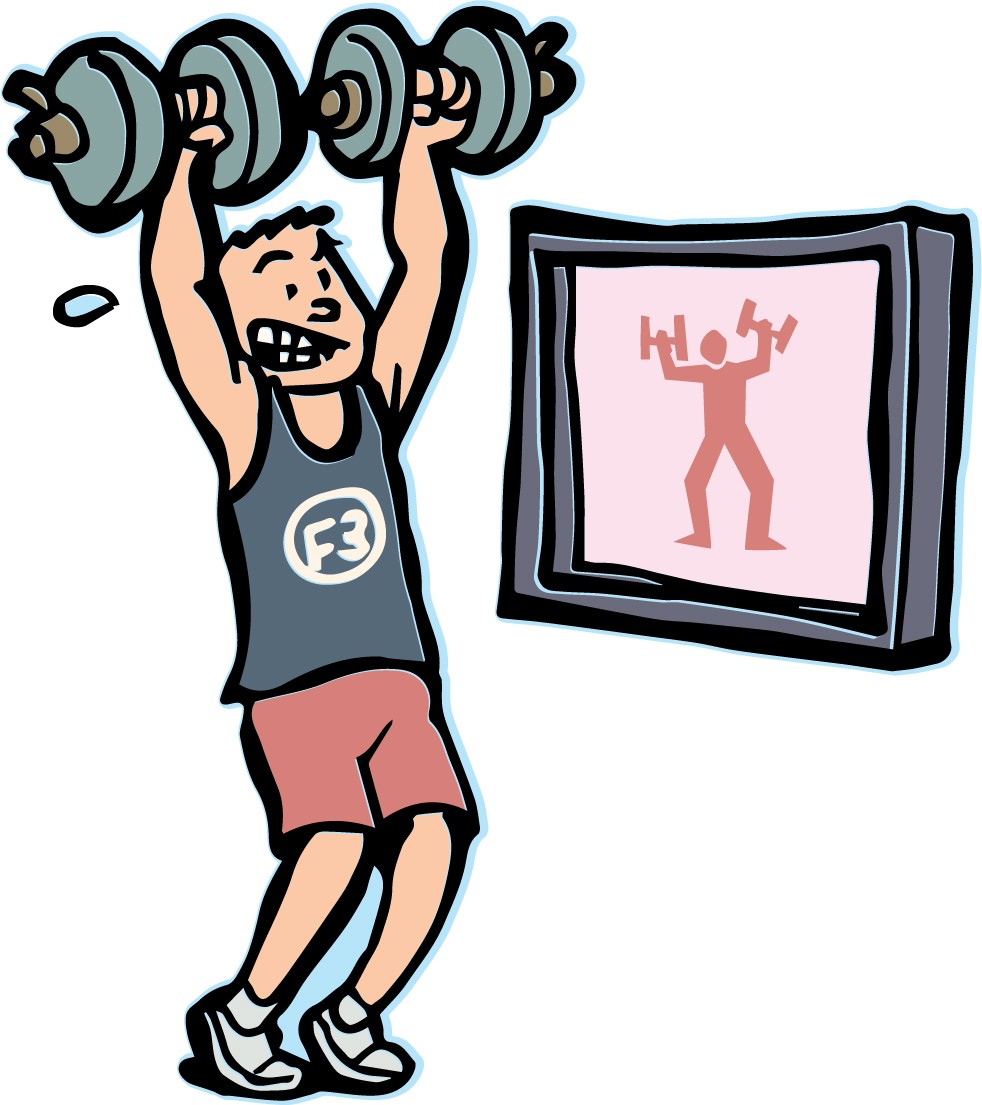
Quarles’ online Zumba classes are offered on Mondays, Wednesdays, Thursdays, and Saturdays at varying times. Classes are $5. Check his Facebook page for more information.
Brooks Meadow, owner of Recess901, has also moved the gym’s fitness classes online. Meadow says the goal is not just to lead members through a workout, but also to provide members with a virtual social outlet.
“It’s not just that people can’t go to the gym anymore, but all of a sudden people’s entire daily routine is flipped upside down,” Meadow says. “We intend to provide connection and social nourishment at a time when it’s about to evaporate rapidly. We are in the business of habit changing and social nourishment, while making it as simple, as stress free, and as fun possible. We were doing that in the gym; now we do that online.”
Meadow says the most challenging part about getting motivated to work out at home is changing habits and breaking the sedentary patterns that most people have at home. “We leave our home to go to the gym because that’s where that habit has been established,” he says. “But that’s not really able to happen right now. So how can we change to make that an at-home habit?”
For those working out at home, Meadow says the easiest place to start is “doing what you know. So if calisthenics is your thing, take 20 minutes every now and then for a movement break,” Meadow says. “There are an infinite amount of workouts you can do at home. You don’t have to be a fitness enthusiast or have high knowledge to move your body.”
Meadow also suggests working out more frequently throughout the day for shorter time periods. He says setting a reminder to get up and move every 90 minutes is a good way to keep the body and mind healthy. “Literally just move and have fun,” Meadow says. “In a time when it’s easy to look around and say ‘this sucks,’ that’s important. Focus on breathing. Practice basic exercises like jumping jacks, squats, situps, and pushups.”
For free at-home workout classes taught by local instructors, check the YMCA, Kroc Center, or OrangeTheory Fitness websites. — Maya Smith
How To Get Your Film Fix
Minutes after the Flyer shipped to the printer last week, Malco Theatres, which is based in Memphis, announced they were closing all of their 33 movie theaters in six states. “The health and safety of our guests and employees is of the highest importance,” said David Tashie, President and COO. “We will continue closely monitoring the situation and, when given clearance, be ready to resume normal operations.”
Malco was left with no choice. Not only were they under pressure from local authorities concerned about the potential for community transmission, but studios both major and minor have pushed back new releases, in some cases by more than a year. While it was inevitable — and undoubtedly the right thing to do — the news came as a shock to Memphis film fans.
Earlier in the week, Malco had announced they were opening the Summer Drive-In seven days a week. A drive-in movie seems ideal for social distancing — you still get the feeling of being in an audience, while staying a safe distance from your fellow cinephile. But Malco’s total shutdown includes the drive-in. For some cinephiles, it was the first time the seriousness of the situation set in. Malco VP and director of marketing Karen Melton urged Memphians to buy gift cards to use when the theaters reopened and to support local businesses affected by the pandemic emergency.
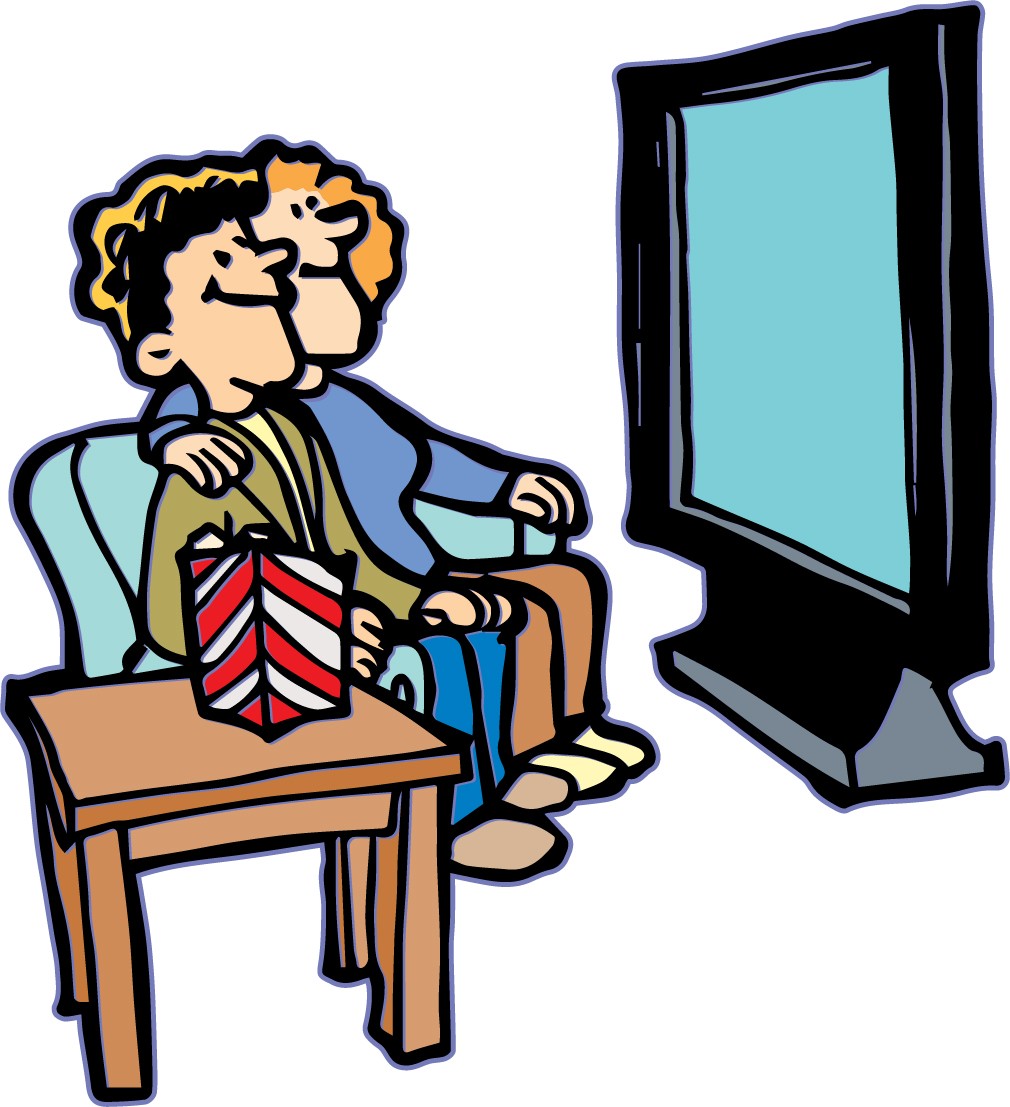
The crossroads now for movie lovers in Memphis is Black Lodge, the venerable video store that re-opened in 2019. Owner Matthew Martin says Black Lodge will stay open as long as possible to serve people who are stuck at home during the soft quarantine. “As responsible business owners, we must recognize the seriousness of COVID-19, and we must do our part in protecting the health and safety of our customers and friends, who have supported us for so long,” Martin says.
On March 16th, Black Lodge shut down for two days to deep-clean the entire facility. Since the cleaning, no one but staff has been allowed in the building. Movie rentals are now a curbside service. Racks with new releases, popular selections, and most importantly, kids’ movies, have been moved to front, where they are visible for window shopping. If you see something you like, a Lodger will retrieve it for you. If you’re not sure, the knowledgeable staffers can talk to you about your tastes and recommend something you’ll like.
A membership to Black Lodge costs $10 a month and includes access to the one of the largest video libraries in the United States, with well over 20,000 titles available. That’s at least four times larger than Netflix’s selection and includes rarities not available online for any price. During the pandemic emergency, Lodge is running a special membership offer: access to children’s movies for $5 a month, to help entertain kids stuck at home.
“For the past 20 years, Black Lodge has been proud to be part of the incredible arts community of Memphis,” says Martin. “We would like to thank everyone who has and continues to support us. We strive to offer entertainment and what little slices of distraction we can during such tumultuous times.” — Chris McCoy
Digital Book Club
As of press time, many local bookstores and comic book stores are offering to deliver or mail purchases. (Check their Facebook pages or websites for the most up-to-date information.) If you have a dark sense of humor, Ling Ma’s Severance and Emily St. John-Mandel’s Station Eleven are excellent pandemic novels. Whether it’s grim reality or escapism you seek, shopping local and setting up a digital book club seems like a good way to stay in touch with socially distanced friends — and support a Memphis business while doing so.
“We’ve never encountered anything like this, and our responses are evolving with each new revelation,” says Eddie Burton, general manager of Novel bookstore (and before that, Booksellers at Laurelwood). “We find ourselves in the same boat as every other independent book store and small business — we’re trying to serve our customers while keeping our staff safe (and paid).” While Burton acknowledges that in-store browsing is a big part of the bookstore appeal, he says, “We’re urging our customers to use our website, take advantage of our delivery service, and we’re offering curbside pickup, which has been a popular option so far.
“Libro has made the decision to close, and we are rescheduling all in-store events,” Burton adds. The Novel book club has moved to online meetings, as has the popular children’s sing-a-long series Story Time with Miss Marjorie.
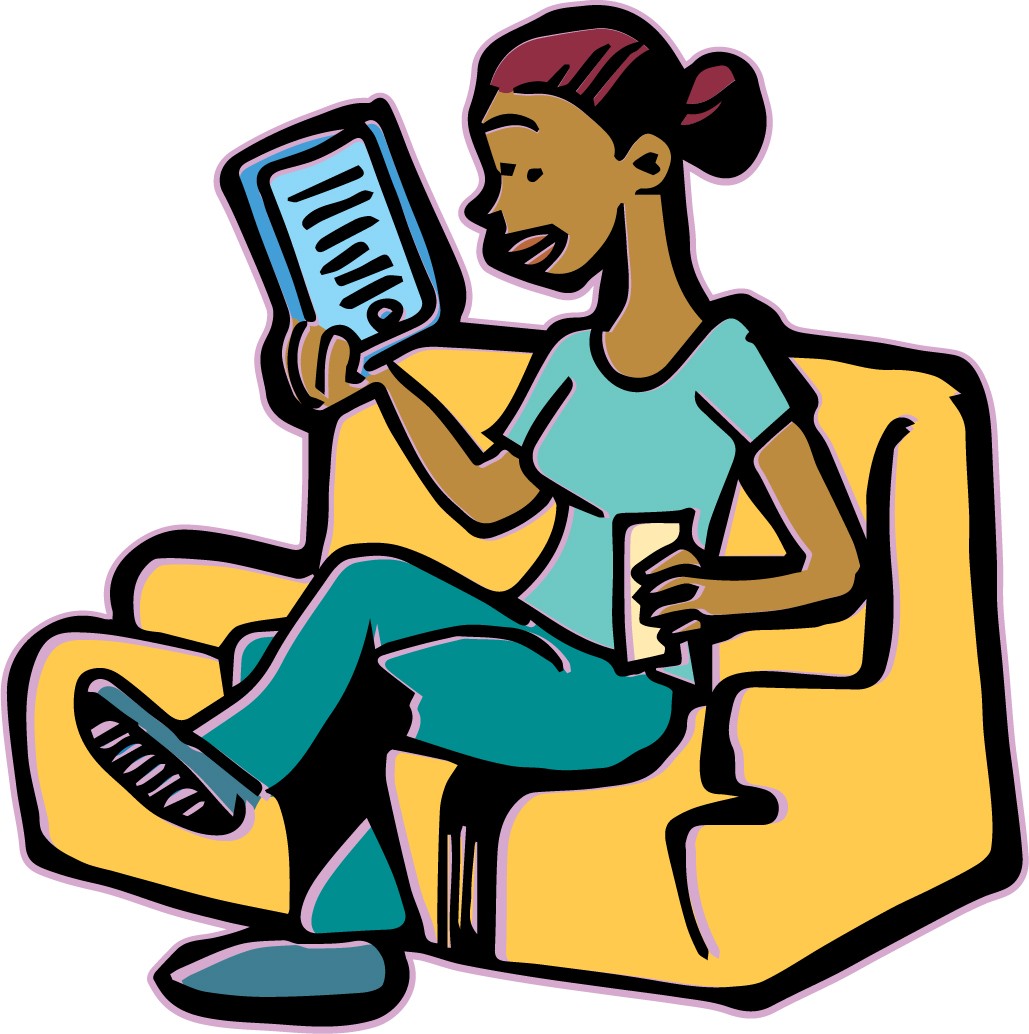
“Every morning, we come in and clean,” says Shannon Merritt of 901 Comics. “But we are also offering curbside pick-up and delivery.” Merritt says some of the comic book industry news underlines the severity of the pandemic. “[Comics distributor] Diamond let us release titles a day early. Some of the publishers are making all the comics, if they don’t sell, returnable. Image is urging the bigger publishers to do the same thing.”
“We’re still coming in every day,” says Ron Crum, owner of Comics & Collectibles. “Worst case scenario, we’ll just deliver ’em,” Crum adds. “The only way I won’t be here — well, knock on wood that I don’t get sick — is if they just tell us to stay home.” Two Rivers Bookstore, though set to close for good, is offering $7 delivery in an attempt to pay off their remaining bills and rent. “To place an order, send a direct message to Two Rivers Bookstore on Facebook or Instagram,” says owner Heather Cee.
“We’re watching it every day to see what we need to do,” says Cheryl Mesler, co-owner of Burke’s Book Store, who made the decision on Sunday to temporarily suspend in-store business. Burke’s is offering curbside pick-up, delivery within Midtown (or nearby areas), and is ramping up the online sales portion of the store. “Just ask. If we can get to you, we will,” she adds. “Our staff is really a priority for us,” Mesler says. “Keeping the staff employed and paid.” — JD
Visit a Museum Online
Worried about getting some culture during the ‘rona crisis? Fear not. Many of our local attractions can be simulated via virtual tours of museums and parks and through live-streams of regional zoo and aquarium exhibits.
Many of the virtual museum and park tour experiences we found utilize Google Street View’s 360° view, and these experiences can be maximized with any Google-approved VR set like Google Cardboard, Mattel View-Master, and Zeiss’ VR One.
To access these 360-degree views, search for a museum or park in Google Maps, and under Photos, look for an album listed “360° View.” Searching for museums and parks that have this option can take a while, so we did the legwork.
Some museums have full walk-through experiences, while others have a few 360° panoramas of certain parts of the building.
The museums we found with full virtual walk-throughs: Fire Museum of Memphis, Stax Museum of American Soul Music, and The Cotton Museum at the Memphis Cotton Exchange. Dixon Gallery & Garden has an extensive virtual walk-through of its gardens, and Sun Studio is somewhat walkable.
Museums with 360° panoramic views: National Civil Rights Museum, Memphis Rock ‘n’ Soul Museum, Memphis Botanic Garden, and Mississippi River Museum.
Although parks aren’t closed yet as of this writing, we wanted to include them on this list. Two parks that have virtual walk-through capabilities on Google Maps are Overton Park Conservancy and Shelby Farms Park.
For more of a live experience, Tennessee Aquarium in Chattanooga offers three different live-streams of its penguins, river otters, and reef dwellers that include sharks, reef fish, and a green sea turtle. You can also rent films from the aquarium’s IMAX 3D theater.
The Memphis Zoo has started offering virtual inside looks of the zoo with Virtual Wild Encounters, Zoo Dude, and Zoo News. To make it a group experience, view these live streams from Facebook where you have the option of hosting a Watch Party with socially distanced friends and family.
Speaking of watch parties, friends missing movie nights with their friends no longer have to miss out. As long as the whole crew has a computer with Google Chrome installed, they can download a Netflix extension called Netflix Party, which allows synchronized playback and group chat. It’ll be just like hangin’ with your pals.
Got a crew full of board gamers? Aside from the classics that can be played through Facebook Messenger like Words with Friends and Draw Something, we found a couple of unique and obscure cross-platform board games that can be played with friends virtually: Mysterium, a murder-solving game involving ghosts and psychics, and Tokaido, a simple and relaxing game that allows players to venture around Japan. — Julia Baker
Just Chill the F**k Out
“Regardless of why it happened, the fact remains that human sleep is strange compared to our closest living relatives,” writes Melissa Hogenboom in a 2016 paper for BBC Earth. And what’s strange about human sleep patterns when compared to other mammals? We all need R.E.M. sleep, but — with the notable exceptions of animals like giraffes and horses — most mammals sleep a hell of a lot more than we humans do. Some scientists say that’s due to the better sleep we get — unlike most apes, who make nests in trees, we don’t have to worry about dying because we fell out of bed in the middle of the night.
So use this opportunity to take a nap.
Sure, now is a great time to practice a second language, hone your skill with haikus, or to learn the mixolydian modular scale like you always promised your jazz-savvy guitarist friends you would. But if adding to your to-do list only deepens your sense of dread, well, I hereby give you permission to just chill the f**k out.
Seriously. Has there ever been a better time to sit and do absolutely nothing? My only caveat would be to try to avoid unnecessary screen time. Watch your pets as they watch the world outside the windows. Count your breathing — hey, turns out if you do that, you’re already halfway to meditating!
It’s okay if you don’t come out the other side of this thing with a new screenplay, novel, or an album’s worth of songs. If working is how you manage stress, don’t let me stop you. But now is not the time for self-imposed pressure to produce to turn you into the coronavirus quarantine version of The Shining‘s Jack Torrance. If you must do something, consider pulling weeds — hey, the spring equinox just rolled around with little fanfare — or listening to a whole album, from start to finish, with your eyes closed. There are plenty of Memphis musicians who could use the streaming numbers right now. — JD
Songs for Shut-Ins
Sometimes a three-minute song is all it takes to change your day, especially when you’re cut off from the world. You can celebrate your time away from the rat race, like the Kinks in “Waterloo Sunset” or Warren Zevon in “Splendid Isolation.” And couples in quarantine can be a fun thing, as we know from Paul and Linda McCartney’s “Eat At Home,” Elvis Presley’s “Baby Let’s Play House,” or Chet Baker’s “Let’s Get Lost.” When Bob Dylan and the Band (or the Byrds) sang “You Ain’t Going Nowhere,” they tapped into the happier side of being homebodies together.
But it’s not all bread and milk and roses, this stay-at-home existence. The Kinks’ “Sitting on My Sofa” rocks, but it’s not exactly jumping for joy. Neither is John Lennon’s “Isolation,” “Four Cornered Room” by War, “Black Night” by Charles Brown, or “Me and My Clock” by Carla Thomas. Country music is good for wallowing in the darkness — you might as well own it and put on “Hello Walls” by Faron Young, “Rubber Room” by Porter Wagoner, or “Flowers on the Wall” by the Statler Brothers.
Other songs celebrate social distancing. “Don’t Stand So Close to Me” by the Police has taken on a new meaning, as has Richard Thompson’s “Keep Your Distance,” the Beatles’ “Don’t Bother Me,” and rapper Flipp Dinero’s “Leave Me Alone.” But are there songs about good hygiene? Prince Buster’s “Wash Wash” (really his take on “That Lucky Old Sun”) is good for that, and Charlie Rich’s “I Washed My Hands in Muddy Water” provides a good counterexample. Don’t try this at home, kids!
Finally, once the wallowing is over, one listen to Nina Simone’s “Ain’t Got No, I Got Life” will help you climb out of the pit in four minutes’ time. Then, take it to the sunny ’70s for some uplift: “Ooh Child” by the Five Stairsteps will have you opening the curtains and sunning yourself, contemplating a better tomorrow. “Some day,” they sing, “We’ll walk in the rays of a beautiful sun. Some day when the world is much brighter.” — Alex Greene
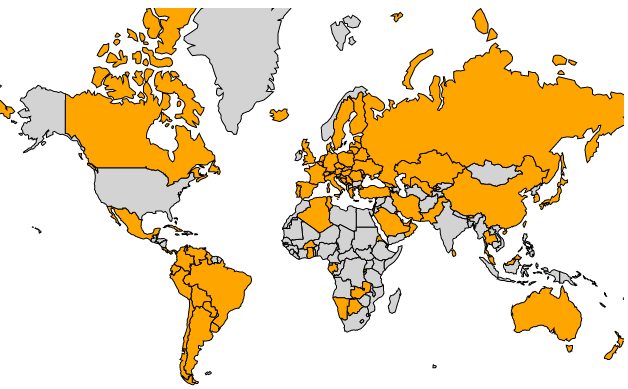
 Greg Cravens
Greg Cravens 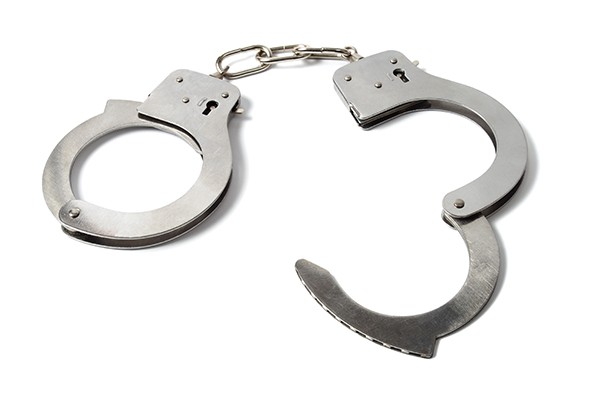 Atman | Dreamstime.com
Atman | Dreamstime.com  Illstrations by Greg Cravens
Illstrations by Greg Cravens 



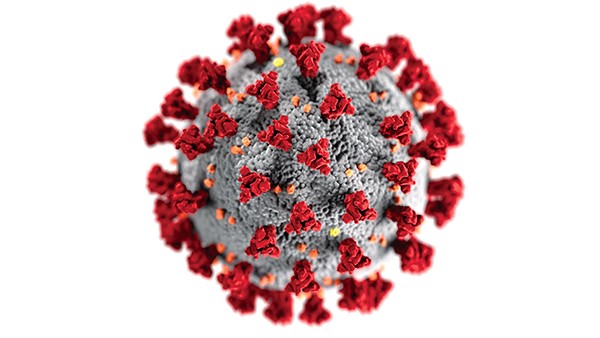
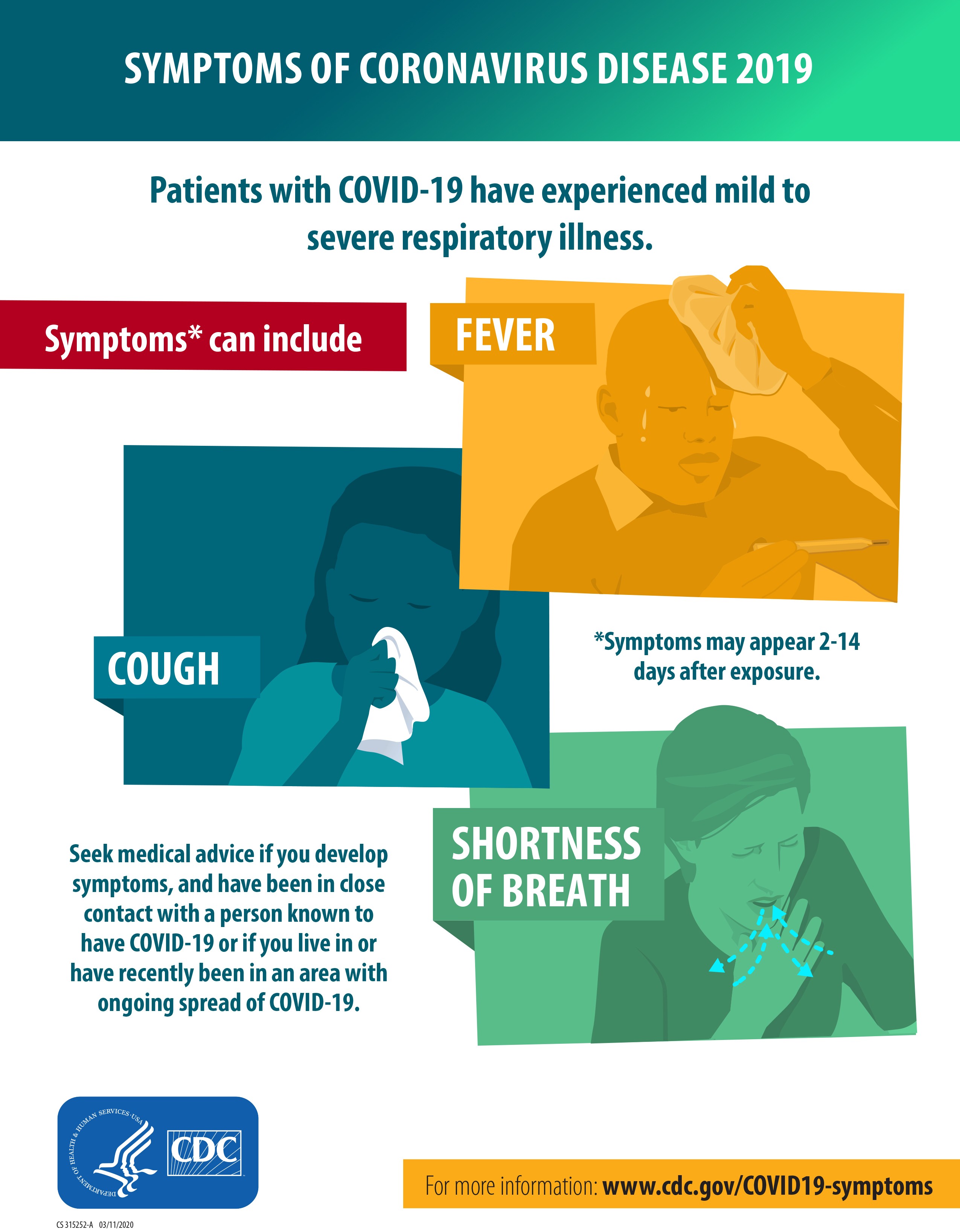
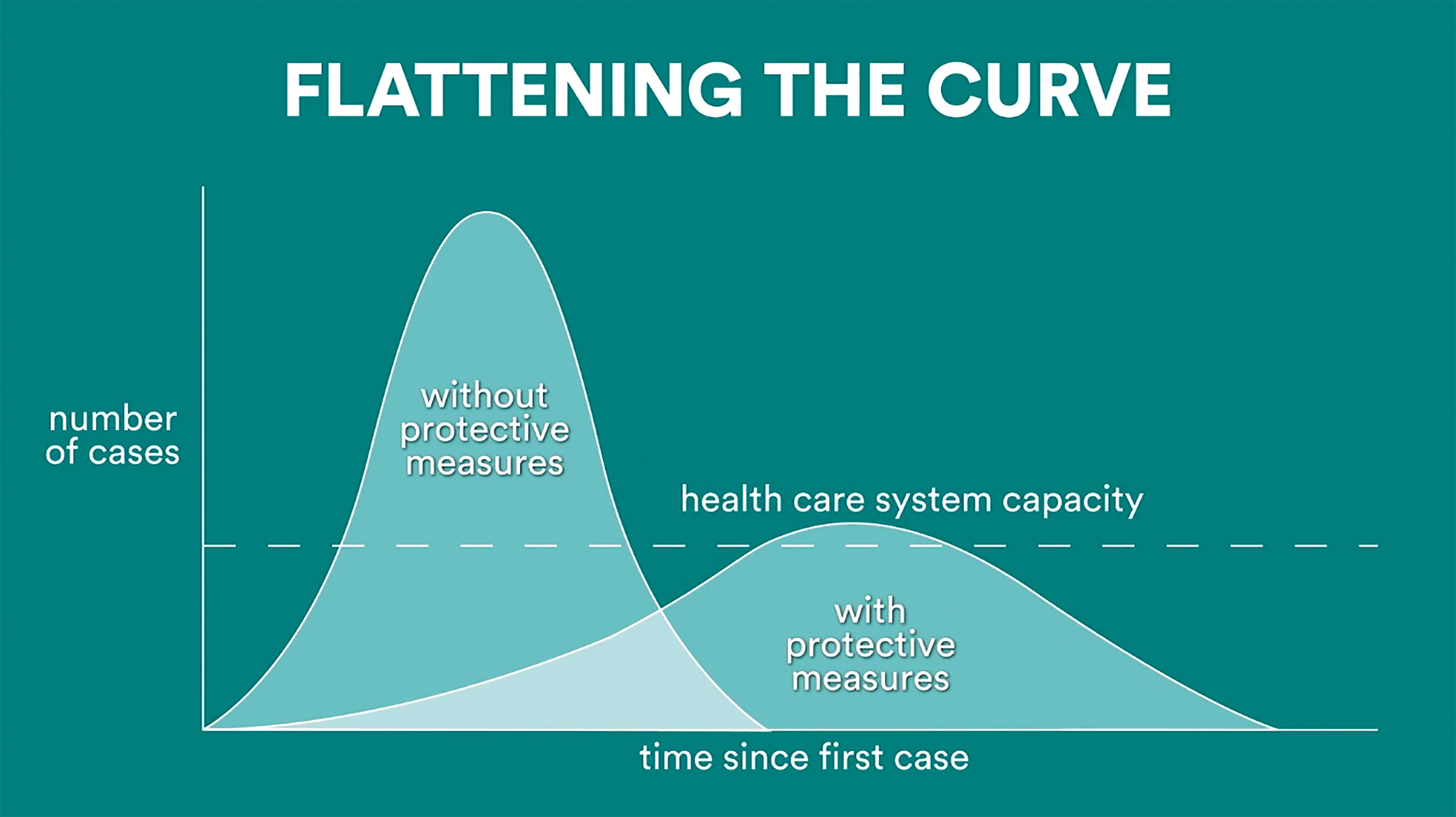
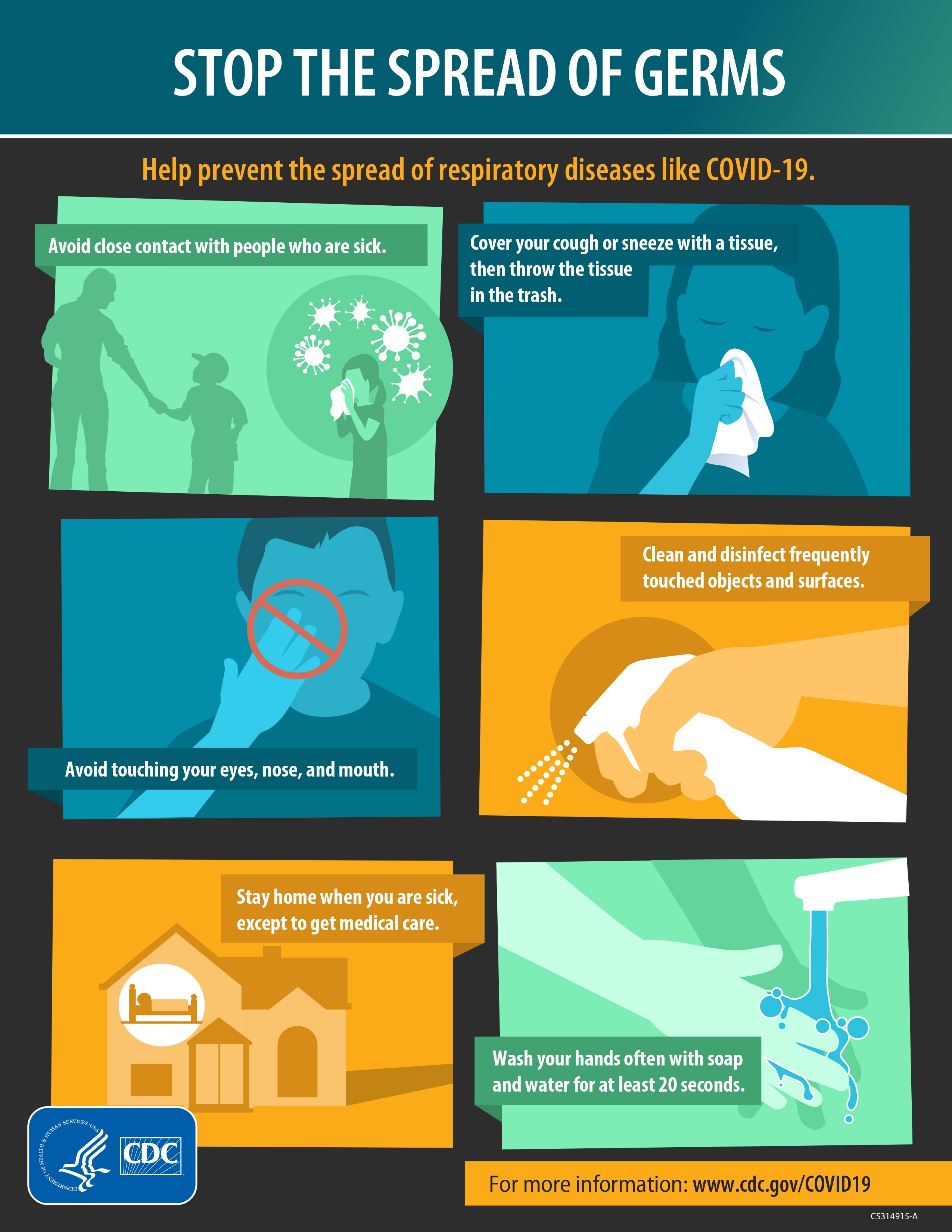
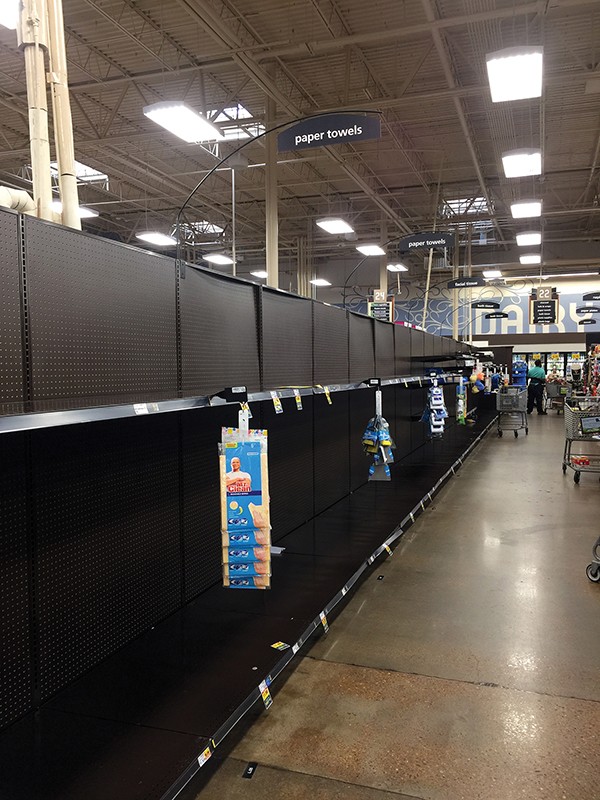

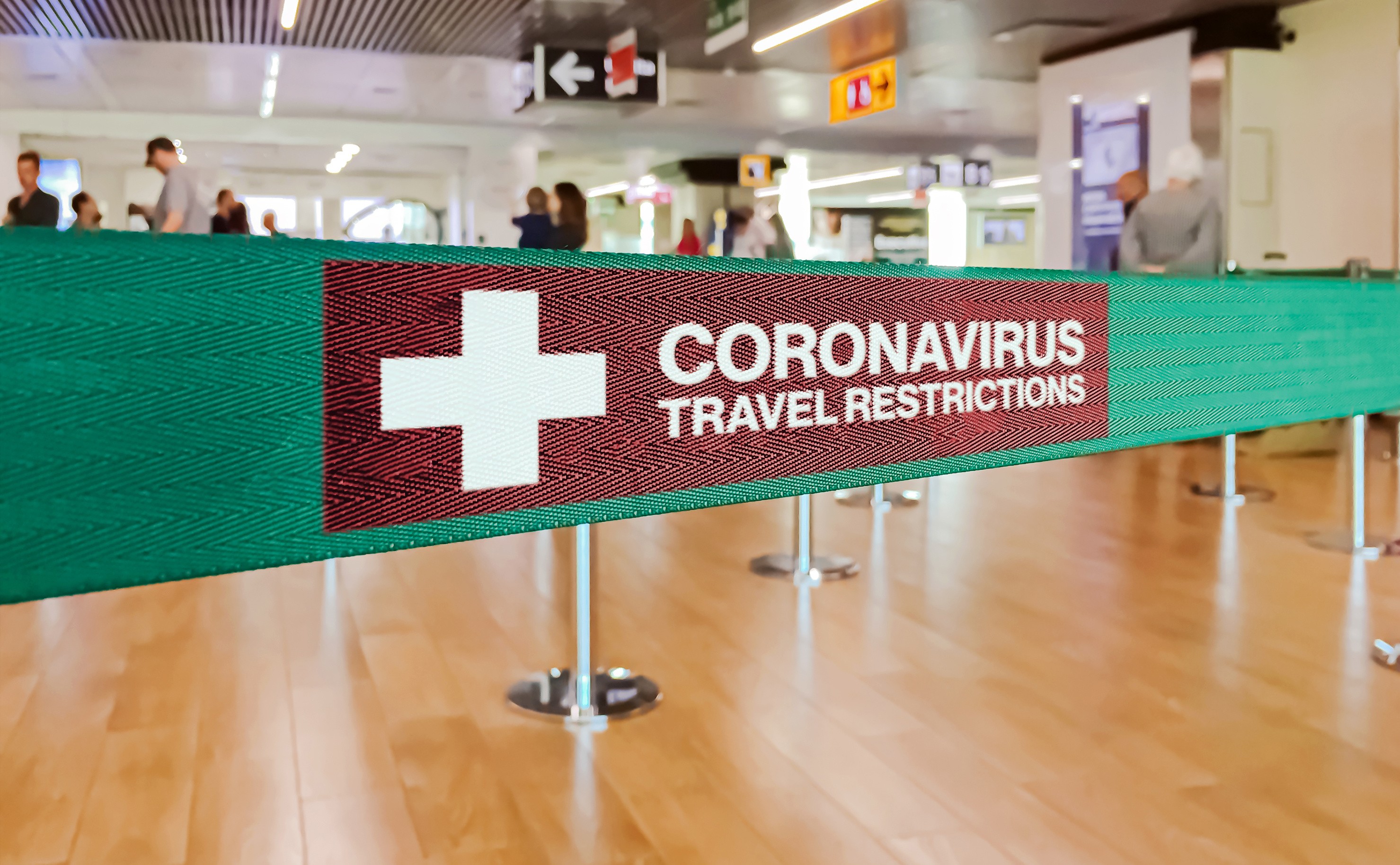 Adobe Stock
Adobe Stock